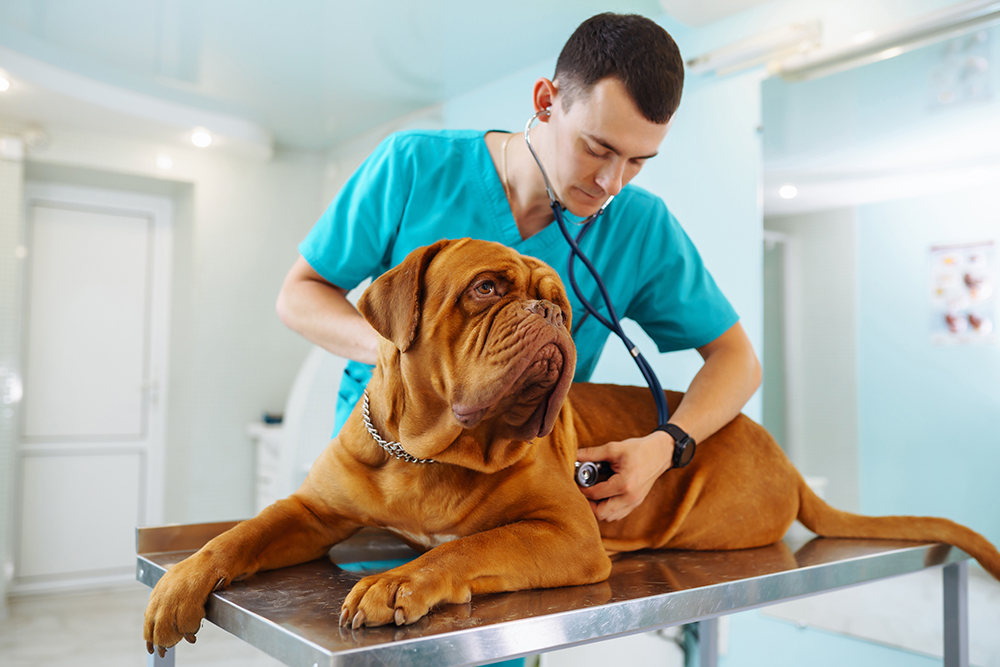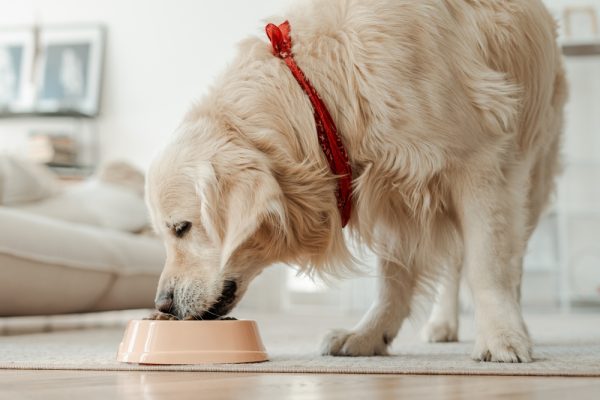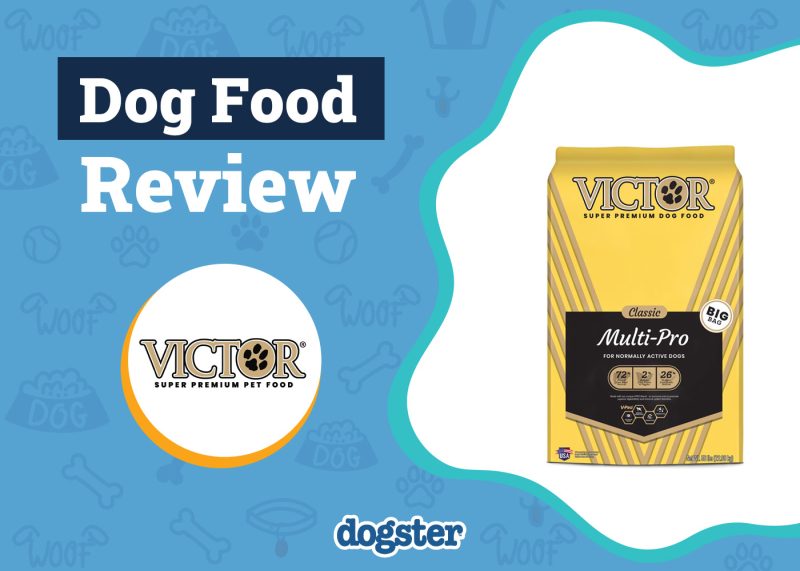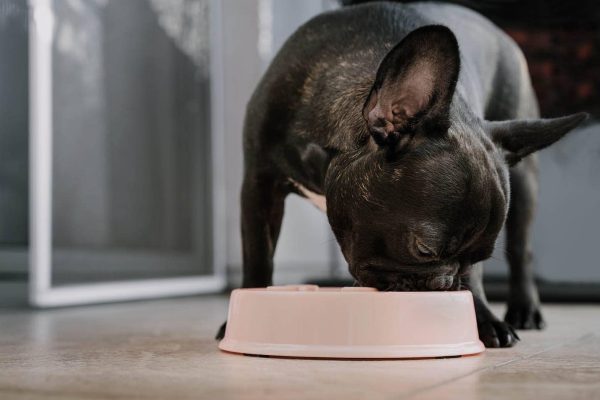Pancreatitis in dogs is up there with the most serious forms of “tummy ache”. The pancreas is an organ in the abdomen responsible for producing hormones such as insulin, and enzymes that aid in the digestion of food. Pancreatitis refers to an inflamed, angry pancreas, and the cause of this disease is not fully understood.
The signs of pancreatitis can be vague or “non-specific”, and although the condition usually arises very quickly, it can become an ongoing or chronic problem too. This article will explore everything you need to know about canine pancreatitis, what to watch for, and how vets go about treating it.

What Is Pancreatitis?
Pancreatitis refers to inflammation of the pancreas. Understanding pancreatitis requires a basic understanding of the pancreas itself.
The pancreas is an organ near the stomach with several very important functions. One of these functions is the production of insulin, which maintains blood sugar levels in a tight range—not too high, and not too low. Another function of the pancreas, more pertinent to the pancreatitis disease process, is the production of enzymes that help break down food. These enzymes are released from the pancreas into the intestines after your dog eats a meal, in order to aid digestion.
Pancreatitis occurs when these enzymes are released prematurely, and thus the enzymes start to “eat away” at the pancreas itself, as opposed to food. This results in inflammation, and inflammation results in pain. The pancreas itself becomes swollen and angry; in more severe forms, it may even start to be destroyed.


What Are the Signs of Pancreatitis in Dogs?
The signs of pancreatitis in dogs often occur very quickly; your dog may be fine one day, and very unwell the next. Additionally, the signs are fairly “non-specific”; this means that these same signs are seen with other diseases too, such as gastroenteritis or foreign body blockages.
- Reduced appetite
- Lethargy
- Vomiting and diarrhea
- Abdominal pain
- Adopting a “prayer position”
- Excessive drooling or lip-licking
- Dehydration
- Collapse
A vet will be able to advise you on the best course of action to ensure the well-being of your pet.
If you need to speak with a vet but can't get to one, head over to PangoVet. It's our online service where you can talk to a vet online and get the advice you need for your pet — all at an affordable price!
What Are the Causes of Pancreatitis in Dogs?
Unfortunately, the cause of pancreatitis in dogs remains largely unknown. It is believed that pancreatitis is often linked to ingestion of a highly-fatty food. For example, if a dog is fed some fatty meat, bacon, or fish skin, they may be at risk of developing pancreatitis.
However, pancreatitis can also develop spontaneously, without being fed fatty food. Certain medications have also been linked to pancreatitis.


How Do I Care for a Dog with Pancreatitis?
Pancreatitis requires prompt and aggressive veterinary treatment. Most cases of pancreatitis cannot be managed at home, due to the seriousness of the condition and the risk of deterioration (though this may be appropriate in mild or chronic cases).
The vast majority of dogs will need to be admitted to a veterinary hospital for diagnostic tests and treatment.
- Fluids via a drip (“intravenous fluid therapy”) to manage hydration
- Injectable pain-relief medications
- Anti-nausea medications
- Frequent feeds of bland low fat food
- Occasionally, stomach protectants
In severe cases, in which sepsis is occurring (overwhelming infection), dogs may be started on antibiotics. If dogs have not eaten for several days, feeding tubes may need to be placed to ensure these patients are receiving nutrition. Most dogs will stay in the hospital for at least 24 hours and often longer.

Frequently Asked Questions
How Is Pancreatitis Diagnosed?
Pancreatitis is diagnosed using a combination of history-taking, physical examination findings, and diagnostic tests. These tests include screening blood and urine tests, as well as specific pancreatic-lipase tests and imaging. Though in people, CAT scans are commonly used to diagnose pancreatitis, this is not the case in dogs. Abdominal ultrasound is a very useful tool to visualize the pancreas, as well as the intestines, gallbladder, and other abdominal organs.
While technically speaking the only way to definitively diagnose pancreatitis is via surgical biopsies, this is rarely used as it is highly invasive, and the other tests give us a good enough idea that pancreatitis is there.
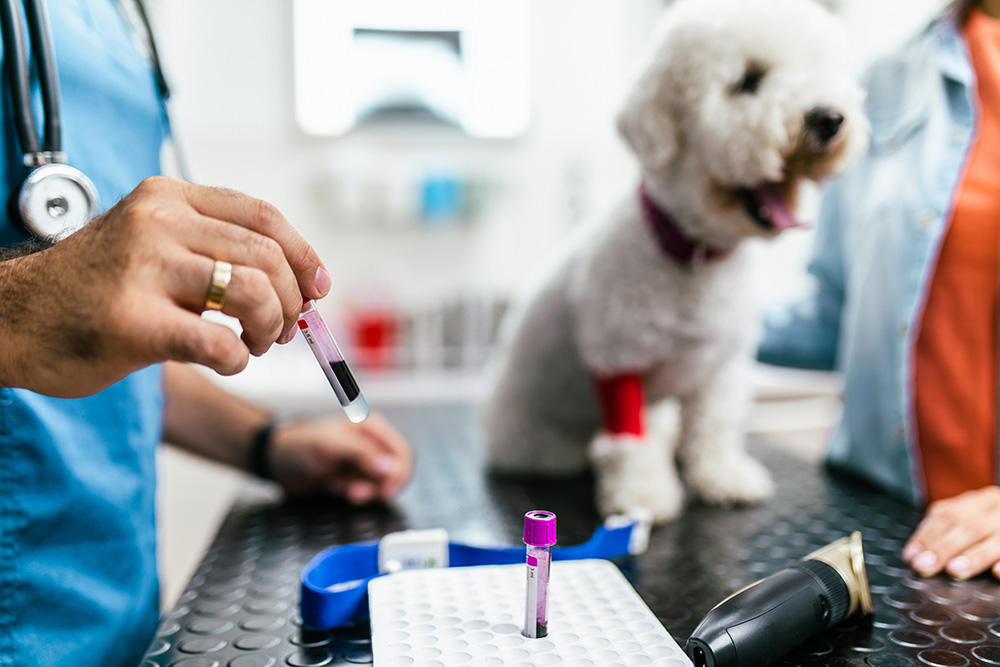
How Do I Care for My Dog Once They Are Home?
The simple answer here is rest, TLC, and easily digestible low fat food. Your vet will give you instructions on any medications you need to give, signs to watch for and when to return for a check up. Minimize activity levels and strenuous exercise for at least one week, though short gentle leash walks are generally fine. Ensure your dog has access to fresh water and is drinking to stay hydrated.
Vets may recommend special foods that are designed to be easily digestible; this reduces the amount of “work” the recovering pancreas has to perform. Boiled chicken and rice may be a suitable alternative.
What Is the Prognosis for Dogs with Pancreatitis?
The prognosis for mild cases of pancreatitis is good, though the prognosis for severe cases is guarded. In one study of 109 dogs presenting with acute (sudden) pancreatitis, 75% survived. Early and aggressive treatment is important.
Some dogs develop a chronic form of pancreatitis which “flares up” occasionally. This form of pancreatitis generally carries a better prognosis.

Conclusion
Canine pancreatitis is a serious, potentially life threatening and painful condition of the digestive system. While the cause may be a mystery, we do know that early veterinary intervention is crucial. Refraining from feeding table scraps and fatty foods may reduce the risk of pancreatitis.
Featured Image Credit: maxbelchenko, Shutterstock
